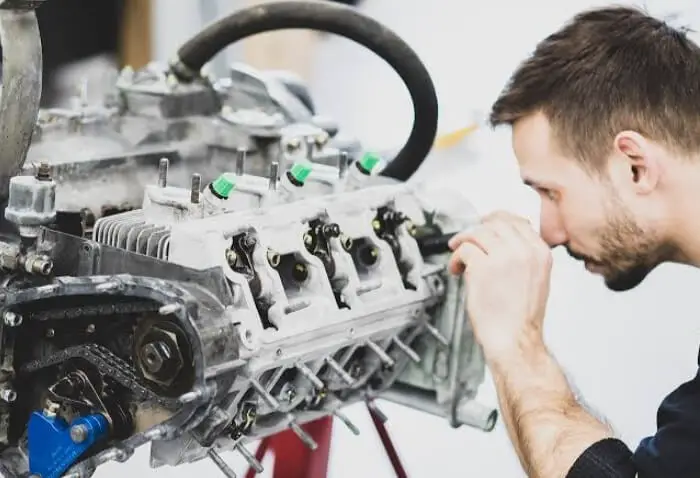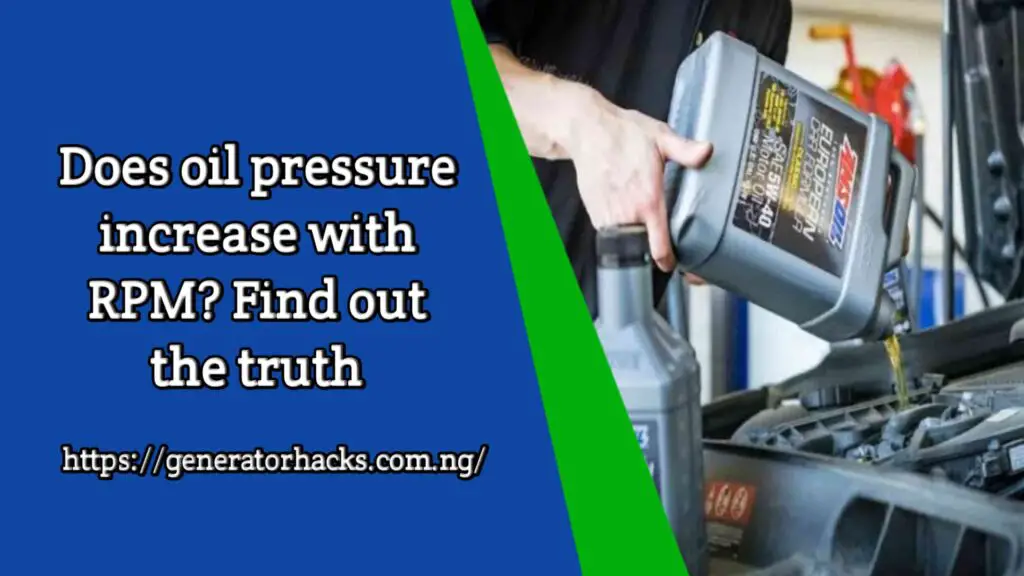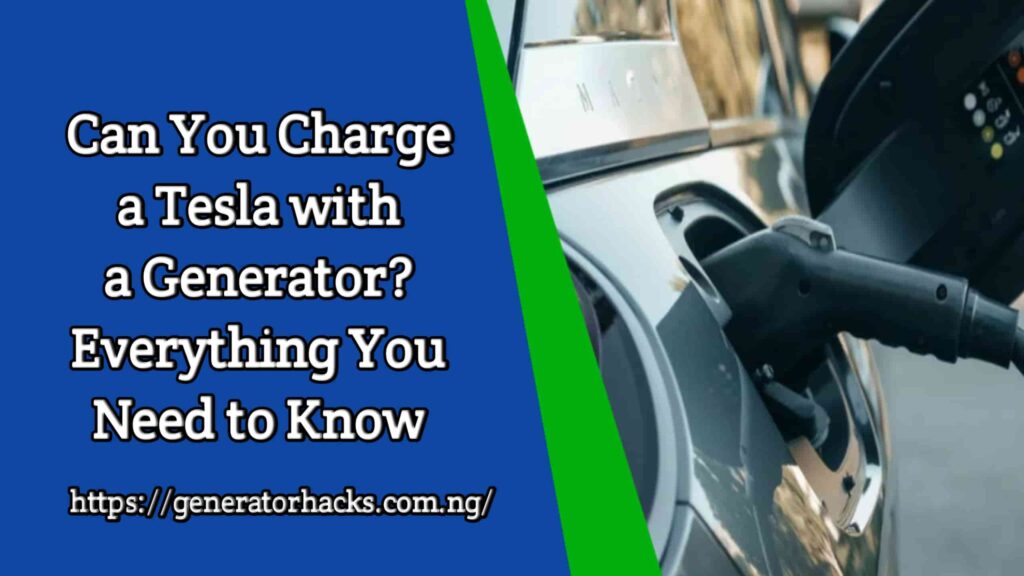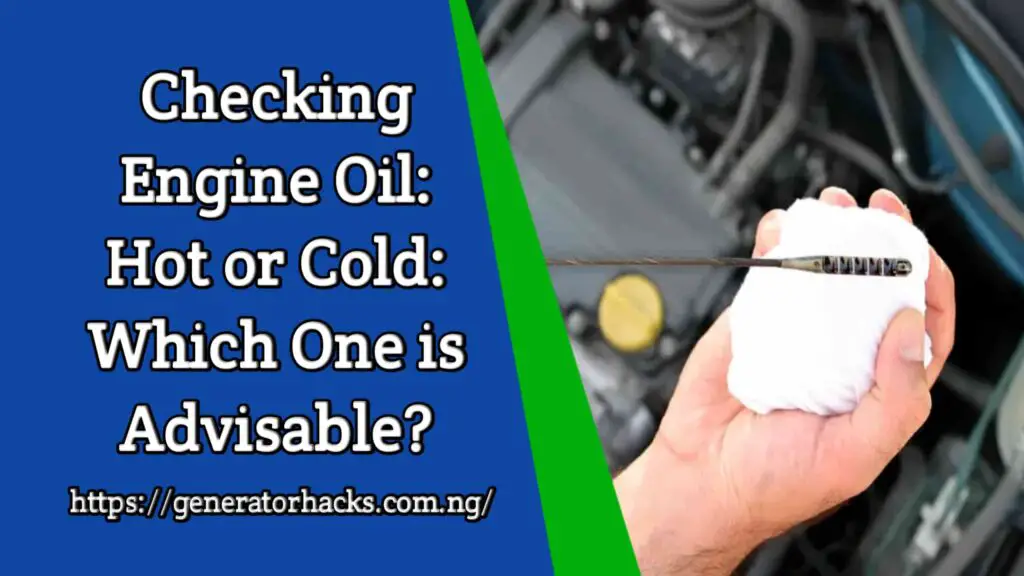As an Amazon Associate, we earn from qualifying purchases. This does not affect the price you pay or the quality of the products you buy. For more information, please read the full affiliate disclosure here.
Engine replacement is a major and costly procedure that can improve the performance and lifespan of your vehicle, generator, or truck.
However, it is not without risks and challenges. Sometimes, after installing a new or rebuilt engine, you may encounter some common problems that can affect your experience and safety.
In this article, we will discuss some of these problems and how to avoid them.
Let’s get started!
The Common Problems After Engine Replacement And How to Fix Them

Problem 1: The engine May Not Start
One of the most frustrating problems after engine replacement is when the engine does not start at all. This can happen due to several reasons, such as:
- Improper installation of the engine or its components
- Faulty wiring or electrical connections
- Incompatible or defective parts
- Incorrect timing or fuel injection settings
- Low or no fuel, oil, or coolant levels
To avoid this problem, you should always follow the manufacturer’s instructions and specifications when installing a new engine.
You should also check and test all the wiring, connections, sensors, and components before starting the engine.
If the engine still does not start, you should consult a professional mechanic to diagnose and fix the issue.
RECOMMENDED READ:- Generator Repair Cost Estimation: How Much Does it Cost to Repair Generator?
Problem 2: You May Notice Strange Noises and Vibrations
Another common problem after engine replacement is when the engine makes strange noises or vibrations while running. This can indicate that something is wrong with the engine or its parts, such as:
- Loose or damaged belts, hoses, or mounts
- Worn or misaligned bearings, gears, or pistons
- Cracked or warped cylinder heads or valves
- Clogged or leaking exhaust system
- Unbalanced or mismatched tires or wheels
To avoid this problem, you should always inspect and tighten all the belts, hoses, and mounts after installing a new engine.
You should also replace or repair any worn or damaged parts that can cause noise or vibration.
Additionally, you should check and align the tires and wheels, and clean and maintain the exhaust system.
RECOMMENDED READ:- 12 Common Generator Repairs You Must Know
Problem 3: Oil Leakage
Oil leakage is another common problem after engine replacement that can cause serious damage to the engine and the environment. Oil leakage can occur due to several reasons, such as:
- Improper or faulty installation of the oil filter, pan, or pump
- Cracked or worn seals, gaskets, or rings
- Excessive oil pressure or temperature
- Overfilling or using the wrong type of oil
To avoid this problem, you should always install the oil filter, pan, and pump correctly and securely.
You should also replace or repair any cracked or worn seals, gaskets, or rings that can cause oil leakage.
Furthermore, you should monitor and regulate the oil pressure and temperature, and use the right amount and type of oil for your engine.
Problem 4: Overheating
Overheating is another common problem after engine replacement that can lead to engine failure or fire. Overheating can happen due to several reasons, such as:
- Insufficient or contaminated coolant
- Malfunctioning or blocked radiator, fan, or thermostat
- Leaking or burst hoses or pipes
- Faulty or dirty spark plugs or injectors
- Excessive load or speed
To avoid this problem, you should always fill and flush the coolant system with the proper type and amount of coolant.
You should also check and repair any malfunctioning or blocked parts that can affect the cooling system.
Moreover, you should inspect and clean the spark plugs and injectors, and avoid driving under excessive load or speed.
Problem 5: You May Notice Power Loss
Power loss is another common problem after engine replacement that can reduce the performance and efficiency of your vehicle, Generator, or truck. Power loss can occur due to several reasons, such as:
- Inadequate or poor quality fuel or air supply
- Dirty or clogged fuel or air filters
- Faulty or misadjusted fuel pump, injectors, or carburetor
- Damaged or worn spark plugs, wires, or coils
- Incorrect or inconsistent ignition timing or compression ratio
To avoid this problem, you should always use the recommended type and quality of fuel and air for your engine.
You should also replace or clean the fuel and air filters regularly. Additionally, you should check and adjust the fuel pump, injectors, or carburetor, and replace or repair any damaged or worn spark plugs, wires, or coils.
Furthermore, you should ensure that the ignition timing and compression ratio are correct and consistent.
Problem 6: Check Engine Light Stays On
Check engine light is another common problem after engine replacement that can alert you of a potential problem with your engine or its parts mostly for vehicles. Check engine light can come on due to several reasons, such as:
- Loose or faulty gas cap
- Faulty or dirty oxygen or airflow sensors
- Malfunctioning or stuck thermostat or EGR valve
- Bad or failing catalytic converter or muffler
- Engine misfire or knock
To avoid this problem, you should always tighten and secure the gas cap after filling the tank. You should also replace or clean the oxygen or airflow sensors regularly.
Moreover, you should check and fix any malfunctioning or stuck parts that can affect the engine’s emission or temperature.
Additionally, you should replace or repair any bad or failing parts that can cause the engine to misfire or knock.
Problem 7: You May Experience Poor Fuel Economy
Poor fuel economy is another common problem after engine replacement that can increase your fuel consumption and expenses. Poor fuel economy can happen due to several reasons, such as:
- Driving habits or conditions
- Tire pressure or alignment
- Engine oil level or viscosity
- Air conditioning or heating system
- Brake or transmission system
To avoid this problem, you should always drive smoothly and moderately, and avoid frequent stops, starts, or accelerations.
You should also check and maintain the tire pressure and alignment regularly.
Furthermore, you should use the correct level and viscosity of engine oil, and turn off the air conditioning or heating system when not needed.
Additionally, you should inspect and service the brake and transmission system periodically.
Final Words
Engine replacement is a complex and expensive process that can improve your vehicle, generator or truck’s performance and lifespan. However, it can also cause some common problems that can affect your driving experience and safety.
To avoid these problems, you should always follow the manufacturer’s instructions and specifications, check and test all the parts and components, and maintain and service your engine regularly.
If you encounter any of these problems, you should consult a professional mechanic to diagnose and fix the issue as soon as possible.
Share

